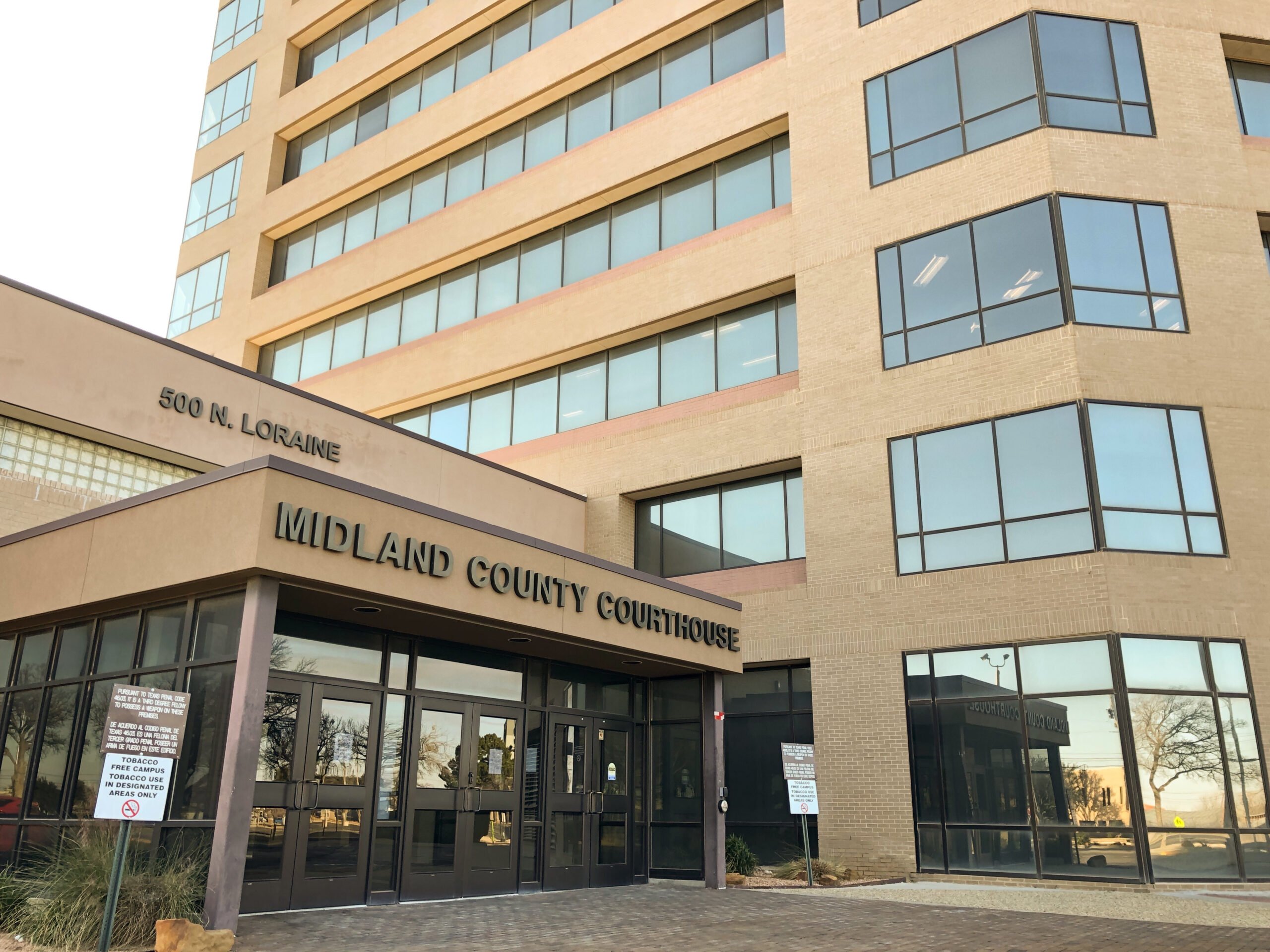ustxtxb_obs_1977_05_06_50_00007-00000_000.pdf
Page 12
For the Record From a Senate dialogue between Hubert Humphrey and John Tower in the March 24 Congressional Record: HUMPHREY: We have a little family drug store that continues to lose money, which I would be glad to sell at any time, so I have no conflict of interest. Give me fifty cents on a dollar, and you can have it today. TOWER: As long as it continues to lose money the senator from Minnesota is all right, but once it starts to earn money he is in trouble. HUMPHREY: We have filled a few Medicaid prescriptions. Would there be any conflict of interest? TOWER: Obviously there is. That would have to be interpreted by the ethics committee. HUMPHREY: We do not need the ethics committee to look over the drug store. We have enough problems. TOWER: That would not cause any problem, because we confer on the federal bureaucracy broad powers to interpret all the time; and they do it, and they go beyond the intent of Congress. I think we could count on our own ethics committee to determine this in a fair way. I think that someone wholly engaged in intrastate commerce, not subject to federal regulations, would be excluded. HUMPHREY: It is subject to federal regulation from OSHA [Occupational Safety and Health Administration] on up. TOWER: I would like to see the senator trying to vote for an exemption for drug stores from OSHA if he is earning money from a drug store. HUMPHREY: I am losing money. That does not make any difference. By the way, we give a 10 percent preacher’s discount to members of Congress if they stop by. Would that in any way cause any trouble with this code of ethics? Ethics, ethics who’s got the ethics? By Patrick Yack Corpus Christi Congress is going around patting itself on the back for having done such a nice job on its spring housecleaning stiffer ethics codes passed by wide margins in both the Senate and the House. A lot of the senators and representatives who voted for the measures had to grit their teeth, and the back-patting is compensation. The new codes abolish slush funds, tighten franking and travel privileges, require financial disclosure, and put a ceiling on earned outside income. Previous codes had been lax. Neither house had required much in the way of financial disclosure. Although the Senate passed a disclosure bill last year, it never made it out of the Senate-House conference committee. Morality or its perception? The Texas delegation had done little beyond what was required. Sen. Lloyd Bentsen put his holdings in a blind trust; John Tower had nothing to disclose, since his Senate salary is supplemented only by speaking fees, which previous Senate rules had already required be made public. According to Common Cause, 9 of the 24 Texas representatives in the last Congress \(Archer, Jordan, Pickle, Poage, Roberts, Steelman, yond what was required by the House. It took the House only a day to vote in the reforms. The biggest issue here was the proposed limitation on earned outside income 15 percent of a representative’s congressional salary. Rules governing debate on the bill permitted amendment only by striking entire titles. This left most representatives in the uncomfortable position of having to either vote for reduced incomes or against “ethics.” Texans Hall, Collins, Roberts, Brooks, Young, Burleson, Kreuger and Milford voted unsuccessfully to delete the 15 percent limit. “Ethics” prevailed by a wide margin, 344-79. After that, it was clear sailing for the code. The March 2 vote on the bill was 402-22, with Collins the lone Texas dissenter. Though Kreuger voted for the measure, he, like several others, charged that the changes it mandates are more apparent than real: “We are not so much changing the morality of the House as we are hoping that we will change the public perception of the morality of the House.” The perception issue was even trickier in the Senate: members supporting the 15 percent limitation wanted to be seen as the good guys, the forces of light. But those senators whose incomes would be sharply curtailed by the limitation on income from speakers’ fees and outside professional work went the supporters of the limit one better by attempting to amend the measure to curb unearned income as well a sort of more-ethicalthan-thou ploy. Unsurprisingly, many of the most ardent supporters of the ceiling on earned income Bentsen, for one enjoy substantial unearned incomes which they were loath to see limited. They, of course, accused the supporters of the amendment imposing a blanket 15 percent limit on all outside income of trying to sabotage the ethics code. It came down to a question of which side was entitled to wear the white hats: who was really for ethics? Bentsen sided with Wisconsin Democrat Gaylord Nelson, who had headed the committee that drafted the original resolution and was its floor manager, in supporting the ceiling on earned income only. Tower, whose income from speaking engagements is substantial \($25,447 R-for an across-the-boards limit or none at all. “It reminds me of the Jack London novel The Call of the Wild,” Muskie protested at one point in the debate. “Remember when the dog teams went through wolf country and one dog faltered? Rather than jeopardize the whole team, they threw the weakened dog to the wolves, hoping that would appease the wolves and the team could get away, Tower and Bentsen: white hats versus black hats?


